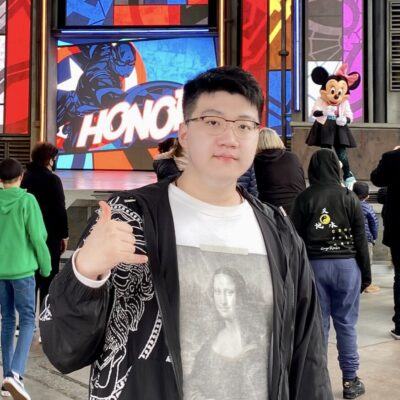Xiaokun Yang L&S Biological Sciences
Investigation of an Alternative MHC-E Antigen Loading Pathway
We live in a world of microbes, many of which are pathogenic and contribute to human diseases. Vertebrates evolved an adaptive immune system consisting of B and T cells for efficient and specific clearance of pathogens upon infection. Furthermore, the adaptive immune system exhibits “memory” that can be exploited for vaccination purposes. T cells are essential for the clearance of pathogens via the elimination of pathogen-infected cells, B cell activation, and the production of signaling molecules activating other immune responses. MHC molecules on cellular surfaces present antigens to T cells, which interact with MHC and the presented antigen to monitor intracellular conditions. This project investigates an alternative intracellular antigen-loading pathway for MHC-E. We hypothesize that MHC-E can be recycled from the cell surface via endocytosis and loaded with intracellular antigens in the endosome. MHC-E has recently been shown to present antigens from Mycobacterium Tuberculosis infections, Salmonella infections, and SIV antigens after vaccination via a highly efficient RhCMV-vector SIV vaccine. Thus, MHC-E molecules have great potential for vaccine designs. Studies on RhCMV-vector SIV vaccines also suggested an endosome antigen-loading pathway of MHC-E. A better understanding of MHC-E antigen loading will allow us to understand more about MHC-E-based immune responses and how to exploit them for vaccines (e.g., HIV vaccines) and immunotherapy.
Message To Sponsor
I sincerely thank you for supporting my research project on investigating MHC-E antigen loading. Your generosity is highly appreciated. Your support allows for a better understanding of complex immunological complexes and has a profound impact on immunology/biomedical research.